#CarbonDioxide
Porsche Asks For Suppliers to Go Green
Porsche is asking its 1,300 suppliers to only use renewable energy as they manufacture Porsche parts, starting this month.
The German automaker is doing so in order to reduce carbon dioxide emissions.
Report: General Motors Cheated Fuel Economy, Emissions With Opel Zafira
General Motors on Thursday denied that its own internal testing revealed the Opel Zafira 1.6-liter diesel flouted European emissions and fuel economy standards, Bloomberg reported ( via Automotive News).
A German news magazine program, Monitor, said officials at Opel knew its midsize crossover polluted up to 15-percent more carbon dioxide than advertised, and that the automaker knew its fuel claims couldn’t be substantiated. The report also said that separate testing at a Swiss facility showed the Zafira exceeded advertised fuel consumption and emissions by 20 percent.
Or, in other words: Another chapter in the “ Everyone Cheated/Just Volkswagen Cheated” saga.
Report: Volkswagen Knew Fuel Consumption Claims Were Bogus Last Year
German newspaper Bild Am Sonntag (via Reuters) reported Sunday that engineers within Volkswagen knew more than one year ago that its cars didn’t meet reported fuel consumption and even pulled a model from sale because of the deception.
Volkswagen admitted in October that 800,000 cars sold in Europe didn’t meet advertised fuel economy and that the company would pay more than $2.1 billion for the scandal.
According to Reuters, Volkswagen didn’t comment on the claim that executives knew about the cheating crisis before October, and said that the slow-selling Polo BlueMotion was pulled due to poor sales.
Volkswagen Workers Under Criminal Investigation for Breaking Tax Laws in Germany
German investigators are looking into whether Volkswagen executives or engineers broke laws by lying about carbon dioxide emissions in 800,000 cars sold in Europe, the New York Times reported.
Authorities near the automaker’s headquarters in Wolfsburg say they are focused on five Volkswagen employees, but wouldn’t identify those employees. Investigators are determining if Volkswagen employees knowingly provided false information to authorities about those cars and their emissions to qualify those cars for lower tax rates. In admitting that it lied about its emissions levels this month, Volkswagen said it would repay governments for back tax revenue lost because of the bogus claims.
This month, Volkswagen admitted it underestimated carbon dioxide output from 800,000 cars sold in Europe and said the scandal could cost the company more than $2.1 billion. According to the New York Times report, Volkswagen’s admission included a promise to repay taxes owed on owners’ cars it sold with bogus carbon dioxide numbers.
Volkswagen Says 430,000 New Cars Cheated CO2 Levels
Update: A spokesman for Volkswagen of America said U.S. cars aren’t affected.
Volkswagen announced Friday that more than 400,000 of its cars with “irregularities” in reported carbon dioxide emissions were new cars, which could shed new light on how many more cars the beleaguered automaker would have to pay for.
This month, Volkswagen announced 800,000 cars emitted more carbon dioxide than reported to regulators. Of those cars, Volkswagen announced Friday that 430,000 were 2016 models across many of the automaker’s brands including Volkswagen, Audi, Skoda and Seat. It’s unclear how many older models may be added to the list of cars that emit more carbon dioxide.
Volkswagen Engineers Blow Whistle, Admit to CO2 Cheating
A number of Volkswagen engineers cheated on tests used to determine carbon dioxide emissions because goals set by former group CEO Martin Winterkorn were too demanding and difficult to achieve, reported German outlet Bild am Sonntag.
The report was “broadly confirmed” by Volkswagen, stated The New York Times. It’s believed goals set by Winterkorn, which would have made Volkswagen vehicles cleaner than required by European regulations, pressured the engineers to manipulate the tests as they were afraid to admit they could not meet those goals.
The engineers pumped up tire pressures to reduce rolling resistance and put diesel in motor oil to make the vehicles more fuel efficient, thus producing less carbon dioxide. The practice “began in 2013 and carried on until the spring of this year,” reported Automotive News.
Volkswagen Says It Lied About CO2 Levels In 800,000 Cars
Volkswagen on Monday said that internal testing revealed 800,000 Volkswagen cars may emit more carbon dioxide than reported and could cost the company $2.1 billion more in penalties.
New CEO Matthias Müller apologized for the deception.
“The Board of Management of Volkswagen AG deeply regrets this situation and wishes to underscore its determination to systematically continue along the present path of clarification and transparency,” he said in a statement.
QOTD: How Much Do People Really Care About Emissions?
Well, ladies and gentlemen, it has officially emerged that Volkswagen has been lying to the general public like one of those guys who approaches you at a gas station and says his car has broken down and he just needs three more dollars for a bus fare.
This is surprising. Anyone who ever owned a Volkswagen knew that they were a bit sleazy, in the sense that they told you they offered “solid German engineering” when what they really offered was a bunch of untested parts farmed out to the lowest bidder. But we never really expected them to be overtly lying about stuff. Especially stuff as important as emissions results.
Or at least, I say “important,” but then I stop and think about it for a second, and I wonder: How important really are emissions numbers?
UK Diesels 21 Percent Cleaner Than A Decade Ago
A study issued earlier this month by the Society of Motor Manufacturers and Traders has concluded that modern diesel engines in the United Kingdom are 21 percent cleaner than that were a decade earlier.
Coolant In Daimler-EU Dispute Found Safe
An automotive coolant Daimler claims is too dangerous to use in their vehicles, despite the warnings from the European Union to cease usage of an older coolant considered harmful to the environment, was found to be safe according to a report made by EU scientists.
Germany Persuades EU to Delay Stricter Carbon Emissions Regulations
After months of intense lobbying, Germany has convinced European Union environmental ministers to keep 2020 new car carbon dioxide emissions standards at 130 grams per kilometer instead of the proposed, stricter 95g/km standard. The German government argued that the tighter regulations would cost jobs and hurt German automakers. BMW and Mercedes-Benz produce larger and heavier cars than other European car companies like Fiat and Renault and they would have a more difficult experience trying to meet the new CO2 standards.
Germany Wants To Water Down EU CO2 Targets With EVs Nobody Wants
An attempt of Germany to water down CO2 targets, about to be imposed by the EU, explains why automakers are eager to build EVs despite a lack of an eager market. Germany proposes that so-called supercredits can be used to off-set the limits. “Unlimited supercredits could allow the manufacture of electric cars for which there is little or no demand, while allowing just as many polluting vehicles as before on to the roads,” campaigners against supercredits told Reuters.
Toyota Prius Saves Large Parts Of Australia From Being Covered By Noxious Gases
Toyota has been selling many hybrids since they introduced the Toyota Coaster Hybrid EV minibus in 1997. A few months later, they started mass-production of the Prius, and it’s been a runaway hit. In Japan, the Prius is leading the charts. The Toyota hybrid system is available in minivans, SUVs and sedans. Nine TMC-produced hybrid passenger vehicle models and three hybrid commercial vehicle models are sold in Japan. Outside Japan, eight hybrid passenger vehicle models are sold in approximately 80 countries. So far, Toyota has sold 2.68 million hybrids throughout the world. Of course, Toyota is proud of that achievement. But what are they really proud of? That they have saved the world from a huge pile of dangerous dirt.



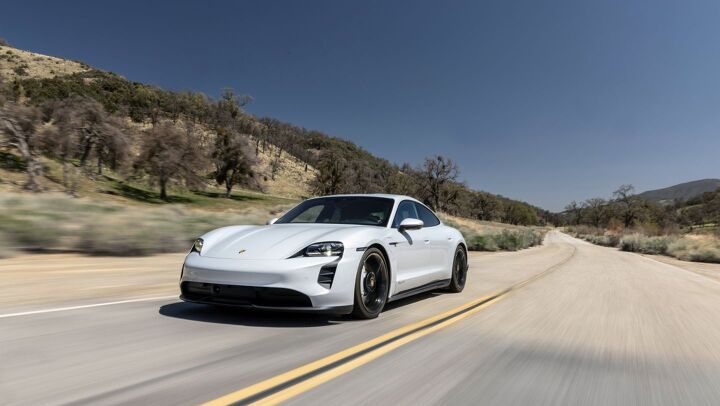
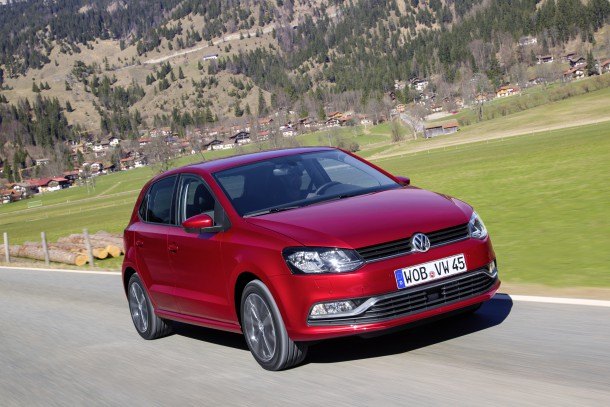
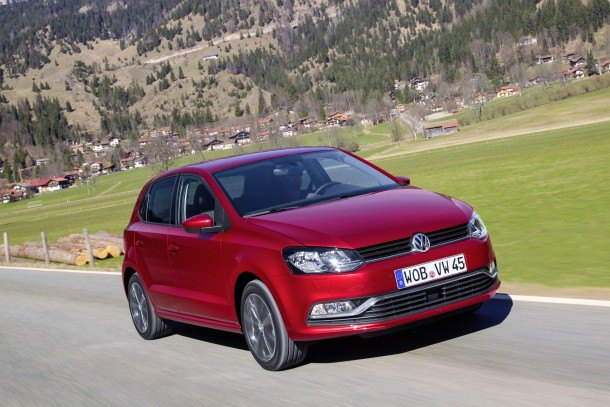
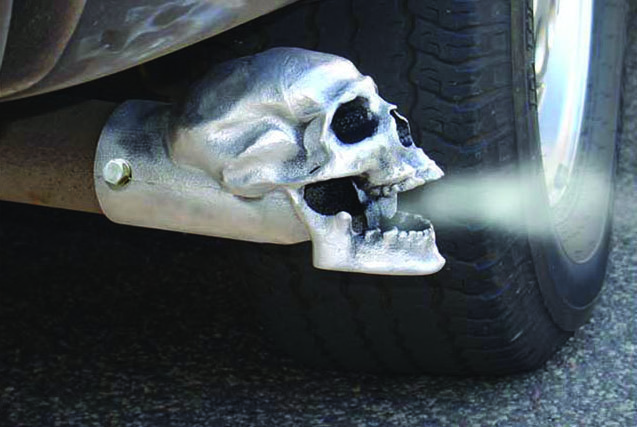

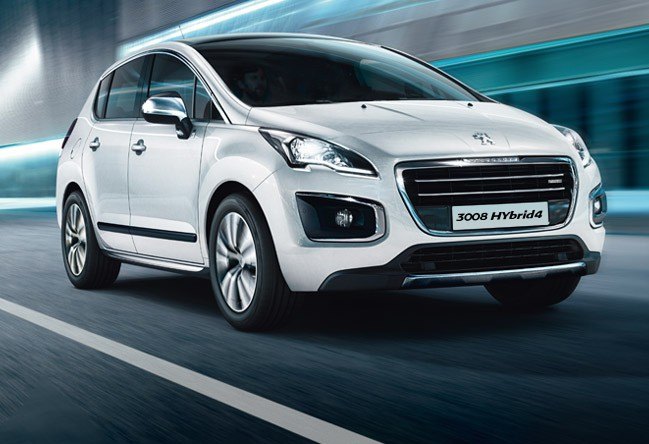

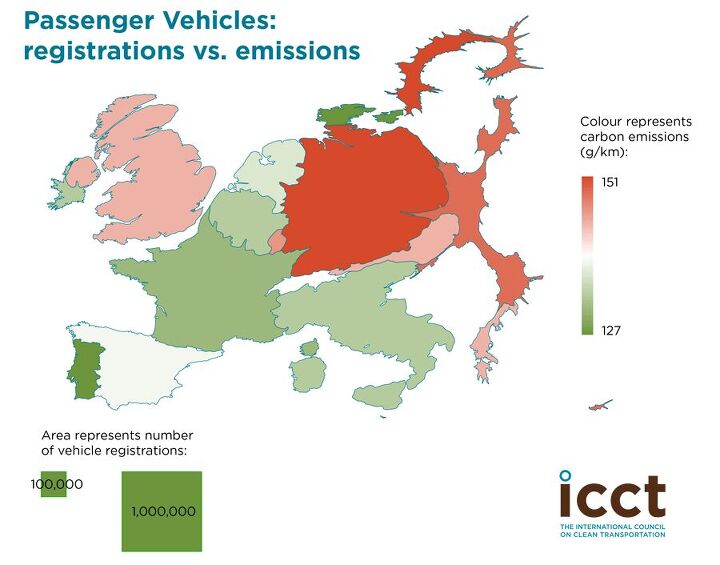
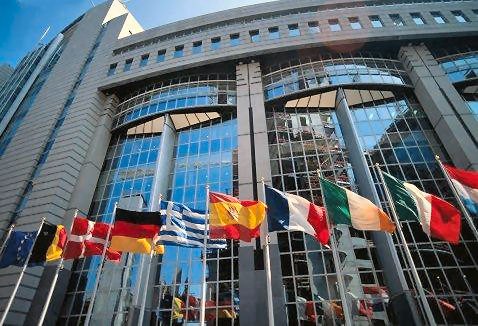













Recent Comments